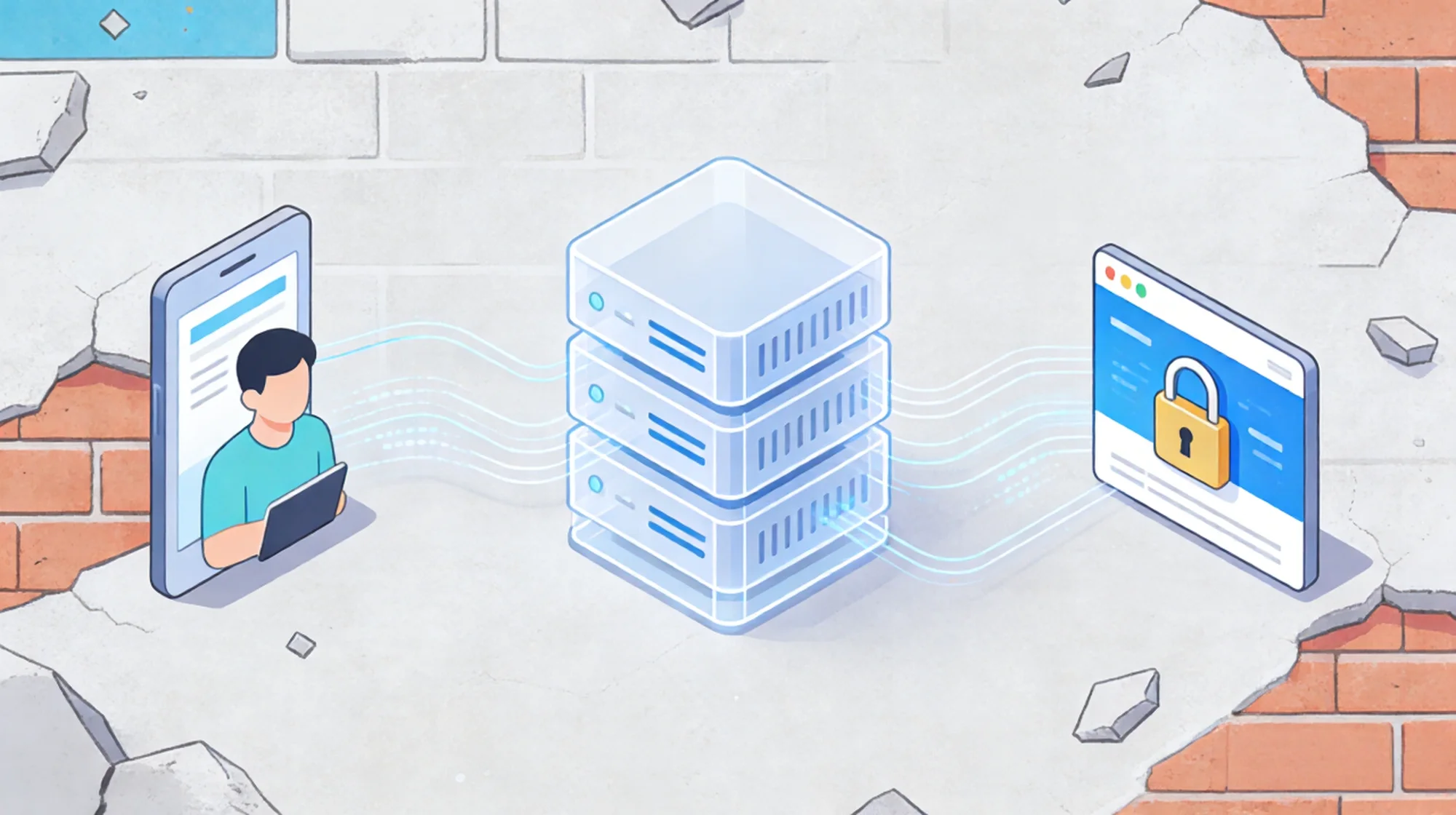1. Why Dynamic Residential Proxy Matter
In today’s digital marketing and data-driven operations, residential proxy play an essential role in maintaining access stability, avoiding detection, and ensuring safe data collection. Unlike traditional data center IPs, dynamic residential proxies route traffic through real household devices with clean IP reputations. Each connection appears as if it’s coming from an authentic user rather than an automated bot.
When used properly, residential proxies help businesses safely conduct social media monitoring, content scraping, or IP address lookup tasks without triggering proxy error 402 or messages like “your IP has been temporarily blocked.”

2. How Dynamic Residential IPs Work
A dynamic residential proxy assigns IPs from genuine residential ISPs and rotates them periodically, simulating different user sessions each time you connect. These IPs come from a wide network proxy pool across multiple geographic locations, helping to avoid blacklisting and improve overall anonymity.
From a technical perspective, dynamic residential proxies differ from static IPs or data center proxies in the following ways:
- TCP Port Response: Residential IPs show natural latency and packet response similar to real devices, while data center IPs respond uniformly, which is easier to detect.
- TLS Fingerprinting: Residential proxies have diverse device fingerprints and TLS signatures, making them harder for anti-bot systems to identify.
- Reputation & Whitelisting: Since they originate from real ISPs, residential IPs often appear on ISP whitelists, improving success rates in scraping or accessing social media proxies and e-commerce platforms.
3. Core Advantages of Dynamic Residential Proxies
- High Authenticity – Each residential proxy IP reflects a real-world device, helping bypass advanced anti-bot mechanisms used by platforms like Facebook, X (Twitter), or Instagram.
- Automatic IP Rotation – The system switches to a random IP address at set intervals, reducing the risk of blocks.
- Improved Access Stability – Compared to static IPs, dynamic residential proxies maintain consistent connectivity even under heavy loads.
- Better Security & Privacy – Realistic IP behavior reduces the chance of triggering warnings such as error 1015 or facebook session expired messages.
These features make dynamic residential proxies ideal for market research, ad verification, social analytics, and competitive intelligence collection.
4. Dynamic Residential IP vs Data Center IP
While data center proxies are faster and cheaper, dynamic residential proxies excel in authenticity and security:
- Source Type: Dynamic residential IPs come from real household networks (residential IP), while data center IPs originate from virtual servers in IDCs.
- TCP Response: Residential IPs exhibit natural network fluctuations; data center IPs respond uniformly, making them easier to detect.
- TLS Fingerprint: Residential IPs have diverse fingerprints aligning with real devices; data center IPs are uniform and more likely to trigger anti-bot systems.
- Stability & Risk: Residential IPs are highly trusted and harder to block, while data center IPs, although fast, are more susceptible to bans.
For safe, long-term, and risk-free data collection, dynamic residential proxies are generally the more reliable choice.
5. Best Practices for Using Residential Proxies
When using residential proxies or a Socks5 configurator, consider these tips:
- Rotate IPs periodically to mimic organic traffic.
- Limit simultaneous requests from the same proxy IP.
- Monitor connections to detect proxy error 402 or error 1015 issues.
- Choose providers that guarantee clean IP pools and support both dynamic IP and static IP usage.
- Target appropriate regions using global proxy networks for social media proxies or cross-border e-commerce operations.
Providers like IPHALO offer worldwide dynamic and static residential IPs with advanced console management, ideal for social media, ad verification, and data scraping.
6. FAQ – Optimized for International Readers
Q1: What is the difference between dynamic and static residential IPs? A: Dynamic residential IPs rotate automatically, suitable for scraping, social media monitoring, and frequent session changes. Static residential IPs remain constant, better for account logins and long-term operations.
Q2: How do residential proxies compare to data center proxies? A: Residential proxies use real household networks and provide clean IPs, mimicking authentic user behavior. Data center proxies are faster and cheaper but easier to detect and block.
Q3: How can I check if my proxy IP is reliable? A: Use an IP address lookup tool or blacklist check. A residential proxy IP with a clean reputation ensures stable access.
Q4: Which tasks benefit most from dynamic residential proxies? A: Ideal for social media analytics, ad verification, competitive research, multi-account management, and safe web scraping for cross-border e-commerce or independent websites.
7.Conclusion
Dynamic residential proxies bridge the gap between automation and authenticity. By using residential proxy IPs, businesses can simulate real user behavior, collect data efficiently, and minimize detection risks.
With IPHALO’s global residential proxy network, each connection is stable, secure, and ready for professional use. (Always ensure your proxy usage aligns with local laws and the user agreements of target platforms to maintain long-term operational security.)







